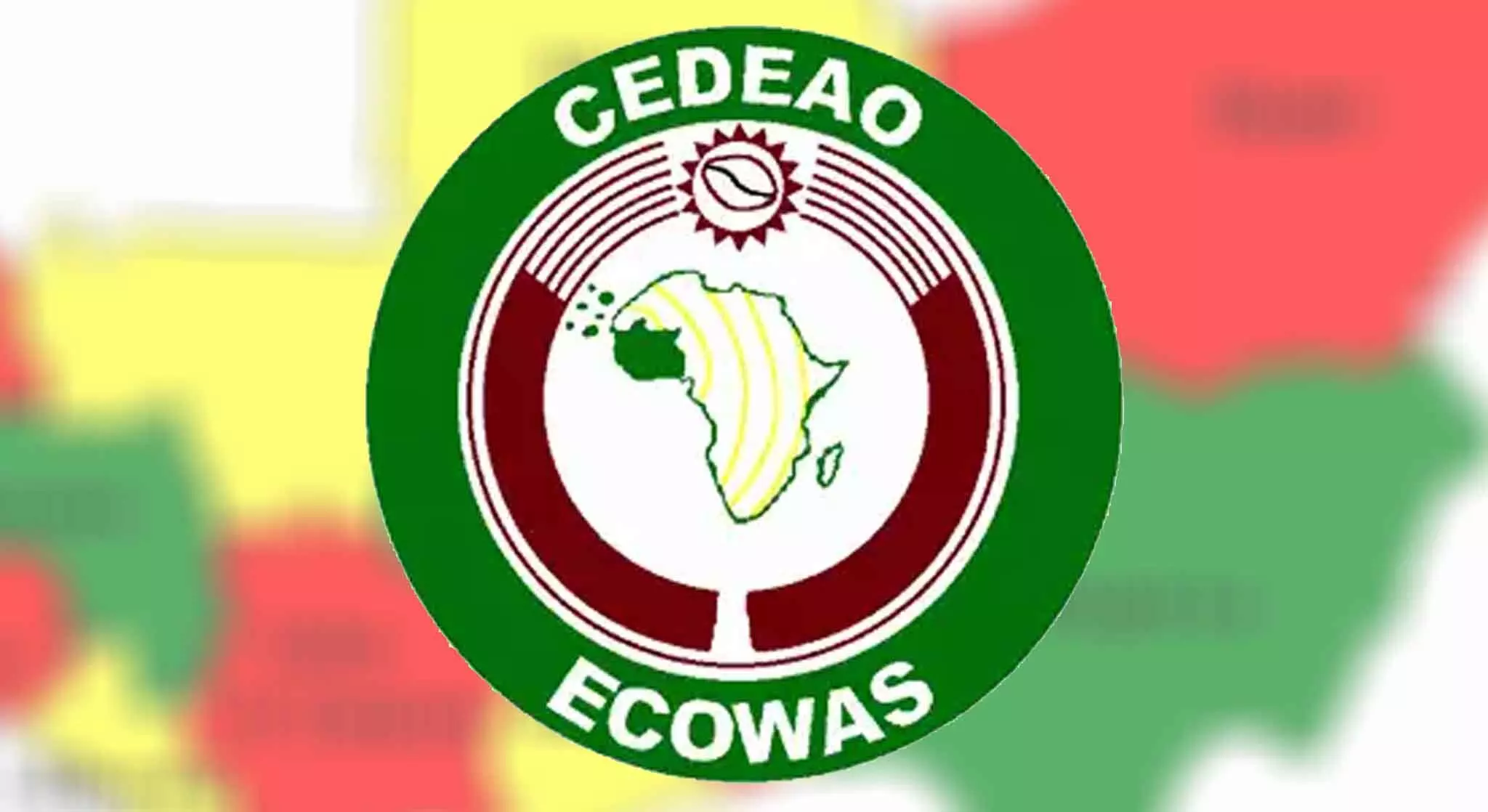
Participants at a three-day workshop on the review and institutionalization of the Core Team Approach to ECOWAS Election Observation, have observed that accession to power through free, fair and transparent elections in some ECOWAS member states was under threat. The participants made the observation in a communique issued at the end of the workshop on […]

Participants at a three-day workshop on the review and institutionalization of the Core Team Approach to ECOWAS Election Observation, have observed that accession to power through free, fair and transparent elections in some ECOWAS member states was under threat.
The participants made the observation in a communique issued at the end of the workshop on the “Institutionalisation of the Core Team Approach to ECOWAS Election Observation” held in Cotonou, the Republic of Benin, from Sept. 15 to Sept. 17, and made available to newsmen on Monday, in Abuja.
The participants noted that in certain instances, elections had resulted in power being obtained and maintained by unconstitutional means.
The communique said there was, therefore, an urgent need to address the shrinking democratic space and increasing curtailment of civil liberties and erosion of democratic principles in some ECOWAS member states.
It noted that the ability of ECOWAS member states to organize and conduct elections was negatively impacted by the COVID-19 pandemic, while observing that lessons were learnt from elections within the sub-region, since the deployment of the first core team in March 2018.
While acknowledging the leading role of ECOWAS in the development of the normative processes on elections observation in the region, the participants noted the continued recourse to the rule of law for electoral adjudication in many member states.
The workshop saluted the determination of the ECOWAS Commission and member states in conducting elections amidst severe security and economic challenges, as well as within the context of the COVID-19 pandemic and in reinforcing their commitment to democratic principles and consolidation.
The participants declared that there was an urgent requirement to strengthen the provisions of the 2001 ECOWAS protocol on democracy and good governance, based on the recommendations of the 2014 review exercise and evolving realities in order to reinforce democracy, peace and security in the ECOWAS region.
The core team approach to election observation should be institutionalised by ECOWAS through the review and reinforcement of necessary provisions in the Protocol of Democracy and Good Governance, the participants said.
They resolved that core teams should be deployed for a minimum of 45 days, comprising 30 days before and 15 days after an election, considering the possibility that the election may be postponed or rescheduled in the period of deployment.
Similarly, the workshop stated that the core teams should comprise a coordinator, with requisite skills and experience that can command the respect of all stakeholders, and at least six other experts, who must include a political analyst, election expert, legal expert, media expert, gender and inclusivity expert, and conflict prevention expert.
“The core team members should consist of well-trained and competent experts and experienced election observers, including a former member or senior staff of an EMB in a member state”, the workshop said.
It added that appropriate guidelines, framework and manual should be developed to define and govern the scope, roles, responsibilities, remuneration, welfare and code of conduct for core team mission members.
The participants also resolved that ECOWAS Commission, in coordination with GIZ or any other development partner, should plan early for the selection and deployment of core team missions, based on clear and well-defined criteria and guidelines.
“There should be continuous pre-deployment training and re-training to enhance the professional capacity of core team members, especially in the deployment of electoral technology and in the use of information and communication technology (ICT) as an election observation tool.
“Develop methodology to improve quality of information in the pre-deployment packs, as well as information collection tools, including reporting templates and checklists on election observation.
“ Enhance the institutional capacity of the Electoral Assistance Division with the required human, financial and operational resources”, the workshop communique said.
The workshop was organised by the ECOWAS Commission, supported by GIZ, through the ECOWAS Peace and Security Architecture and Operations (EPSAO) Project co-financed by the European Union (EU) and the German Federal Ministry of Economic Development (BMZ).
The three-day workshop, according to the communique, served as a platform to review and share experiences with regards to the mandate, issues, successes and challenges in the ECOWAS Core Team approach to election observation from 2018 to 2021.
“This is with a view to examine the relevance of Core Team approach and determine the next steps in the institutionalisation of the approach to future ECOWAS election observation deployments in the member states.”
Participants at the workshop included serving and former officials from the Electoral Management Bodies (EMBs) of member states, former Regional Director for Africa and West Asia of the International Institute for Democracy and Electoral Assistance (IDEA).
Other participants included GIZ, the course director of the Election Observation Programme at the Koffi Annan International Peacekeeping Training Centre (KIPTC), as well as election experts and observers.
The participants at the event acknowledged the importance and value of the Core Team Approach to ECOWAS Election Observation methodology that was adopted in 2018 by the ECOWAS Commission, in line with international standards and best practices as contained in the 2005 declaration of Principles for International Election Observation.
The participants noted the deployment of Core Team Election Observation Missions to six member states between 2018 and 2021 that include: Sierra Leone (March 2018); Mali (July 2018); Nigeria (February 2019); Burkina Faso (November 2020); Niger (December 2020) and Benin Republic (April 2021).




